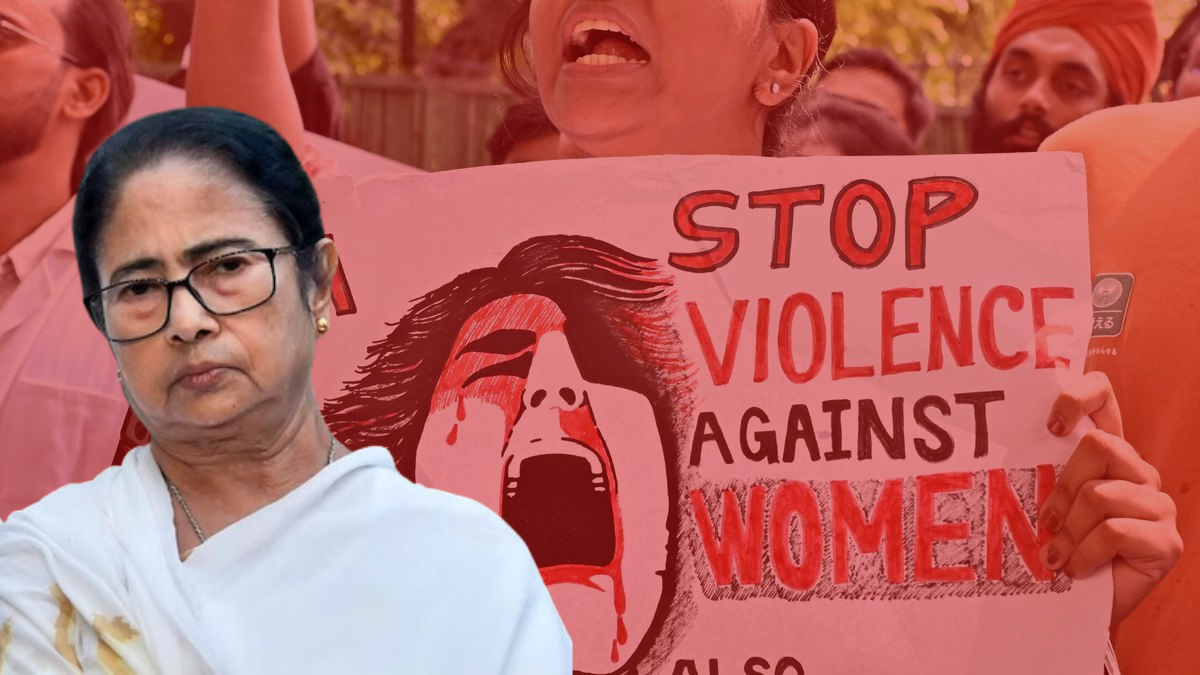West Bengal's Death Penalty Bill for Rape: A Political Move or Genuine Justice?

West Bengal is set to witness a significant legislative development as Chief Minister Mamata Banerjee plans to introduce an anti-rape bill in the state assembly on September 3, proposing the death penalty for those convicted of rape within 10 days of the crime. The state cabinet has already approved the draft, but the move has sparked controversy and raised several legal and political questions.
A Controversial Bill Amidst a Tragic Case
The catalyst for this bill is the recent Kolkata rape and murder case involving a trainee doctor at RG Kar Medical College and Hospital. The incident shocked the state, leading to widespread outrage. In response, Chief Minister Mamata Banerjee has been vocal in demanding the death penalty for the accused, even before the bill was proposed. The case is currently under investigation by the Central Bureau of Investigation (CBI), with Mamata reiterating her stance in letters to the Prime Minister, calling for swift justice and harsher punishments for such crimes.
#WATCH कोलकाता: आरजी कर मेडिकल कॉलेज एवं अस्पताल में बलात्कार एवं हत्या की घटना को लेकर TMC ने विरोध प्रदर्शन किया।
— ANI_HindiNews (@AHindinews) September 1, 2024
पश्चिम बंगाल सरकार में मंत्री चंद्रिमा भट्टाचार्य ने कहा, "28 अगस्त को हमारी नेता (ममता बनर्जी) ने तृणमूल महिला कांग्रेस को निर्देश दिया था कि 1 सितंबर को हर ब्लॉक… pic.twitter.com/5gl85igjP0
However, the introduction of this bill has raised eyebrows, particularly among legal experts and political opponents. The bill’s proposal comes at a time when rape cases are governed by central laws, prompting questions about the constitutional validity and practicality of a state-specific law that prescribes the death penalty.
Legal Hurdles and Constitutional Challenges
According to the Indian Constitution, criminal law is part of the Concurrent List, meaning both the central and state governments can legislate on the matter. However, any state law that contradicts a central law must receive the President's assent before it can be implemented. This process is fraught with complications, as highlighted by retired Supreme Court Justice Ashok Kumar Gangopadhyay, who explained that while a state can propose such a law, it must pass through several stages of approval, including review by the Governor and President.

Moreover, legal experts argue that even if the bill passes these hurdles, it would not be applicable to past cases, including the RG Kar Medical College case. Retired Calcutta High Court Chief Justice Debasish Kargupta emphasized that no state law can override the central legislation. In cases of conflict between state and central laws, the central law prevails, making the proposed state law potentially redundant.
Political Motives and Public Perception
The timing and nature of this bill have led to accusations that the ruling Trinamool Congress (TMC) is using it as a political tool rather than a genuine effort to reform the justice system. The Bharatiya Janata Party (BJP), the principal opposition in the state, has criticized the bill as a populist move designed to deflect attention from the administration's failures in handling crime and justice.
Political analysts suggest that by pushing this bill, the TMC aims to send a strong message to the electorate, portraying itself as a government committed to delivering justice to victims of heinous crimes. However, there is skepticism about whether the bill will ever become law, especially given the fate of similar bills in other states.
The Precedent Set by Other States
West Bengal is not the first state to attempt such legislation. Andhra Pradesh and Maharashtra have previously introduced bills proposing the death penalty for rape. Andhra Pradesh's "Disha Bill" was passed in December 2019 following the public outcry over the gang rape and murder of a veterinarian in Hyderabad. Similarly, Maharashtra's "Shakti Bill," passed in December 2021, called for the death penalty for crimes against women and children. However, both bills remain pending with the President, who has yet to grant assent, citing the need for these state laws to align with existing central legislation.
Given these precedents, there is considerable doubt about the future of West Bengal's proposed bill. Legal experts believe it is unlikely to be implemented, and even if it is, it may not survive judicial scrutiny.
Future Uncertainty and Political Fallout
As the West Bengal assembly prepares to debate and vote on this bill, the outcome remains uncertain. If passed, the bill will be sent to the Governor and then to the President for approval, a process that could take months or even years. Meanwhile, the bill has already sparked a political war of words, with the BJP accusing the TMC of politicizing the issue of rape for electoral gain.
The fate of this bill could have significant implications for both the state's political landscape and its legal framework. Whether it will provide justice or merely serve as a political statement is a question that only time will answer.

